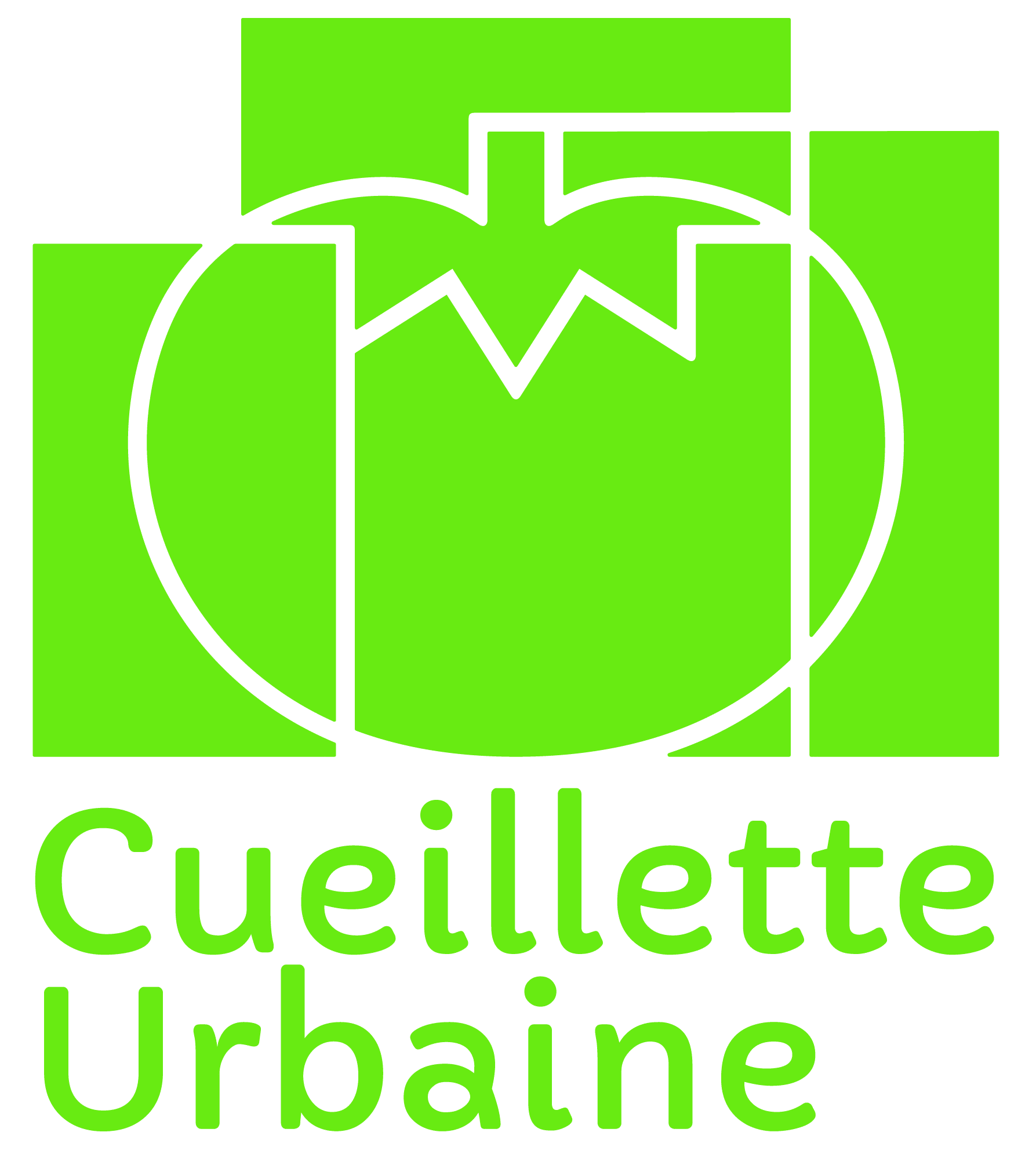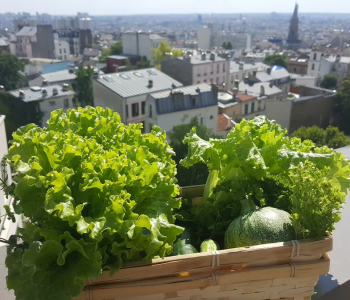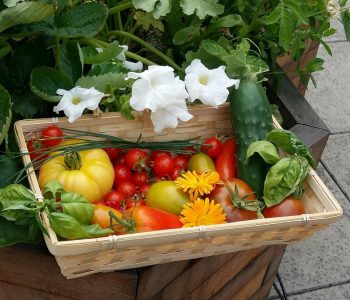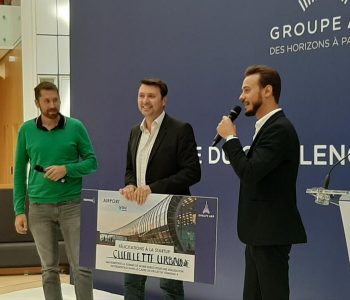La Ferme des artisans : an urban farm project that “foresees the city of tomorrow”
Faced with growing urbanization and increasing food shortages, urban agriculture is one of the answers to these contemporary challenges. The ambition of this urban production is to grow fruits and vegetables, aromatic herbs and consumable flowers as close as possible to the consumers, thus favoring the local food network and optimizing the yields.
According to the Food and Agriculture Organization (FAO), some vegetable gardens “can be up to 15 times more productive than farms in rural areas”. This reintroduction of nature in the city also responds to the needs of city dwellers to forge new links with the environment.
Cueillette Urbaine has chosen this model of sustainable and local consumption in order to offer cities and their inhabitants a circular and reasoned economy. We imagine tailor-made solutions that respect the environment: urban farms, vegetable gardens and team-building workshops. Aware of the promising future of urban farms, we support the initiative of La Ferme des artisans (The Artisans’ Farm), which puts local agriculture and craftsmanship at the heart of its commitments.
La Ferme des artisans, a promising example of an urban farm in Villeurbanne
Located in the center of the Gratte-ciel district in Villeurbanne, La Ferme des artisans is an experimental and innovative project that combines urban agriculture, crafts and the social and solidarity economy. Its ambition is to propose new forms of artisanal, food and landscape production in the city. The Pistyles cooperative and the communication and marketing agency Atome are at the origin of this project which is part of the temporary occupation of Gratte-Ciel district. This approach is officially supported by SERL, the Lyon metropolis, the city of Villeurbanne and the SVU.
A participatory and supportive project
For the next 3 years, a 1000m² plot of land will be invested in market gardening and the summer and autumn harvests will be destined for food aid. This social and solidarity dimension is also reflected in the organization of participatory events: During the inauguration last July, each inhabitant was invited to come and plant fruits & vegetables within the giant vegetable garden recently arranged. Cédric Van Styvendael, mayor of Villeurbanne, welcomed the launch of the operation, describing it as “a precursor of the city of tomorrow, the city we want”.
The project intends to widely involve the public and the inhabitants of the neighborhood in the development of this new economic, social and solidarity model. A permanent presence is currently provided every Wednesday afternoon in order to follow the development of the garden, to harvest the crops, to continue training in ecological gardening and to prepare the winter work site. The first step of this ambitious project was materialized during the post-confinement period with the creation of this cultivable area last July.
Unprecedented support for local commerce
Secondly, and by no small measure, the fitting out of containers (effective at the beginning of 2021) to meet the needs of future occupants in terms of trade and local development. The Cour des Artisans (Artisans’ Square) then takes on its full meaning. The idea is to offer to some local craftsmen (carpenters, ironworkers, etc.) a place where they can promote their production and know-how directly to potential customers.
An Urban Nursery will be present to experiment the virtues of a natural air conditioner. The ambition here is to use the vegetation on the built volumes and in particular the creepers as a factor of air conditioning and to test their impact. Within this group of economic and solidarity actors, a restaurant service will offer a kitchen with fresh and seasonal products. With an eco-responsible and ethical dimension, this restaurant, which originates from Saint-Etienne, collects unsold high quality products from local producers and organic stores on a daily basis.
It is truly through the containers that La Ferme des artisans will take on its full meaning: it will promote the products and know-how of small local producers and artisans, while developing the urban farm (vegetable garden and participatory cultures). Since the health crisis, there is a real desire to rediscover nature, often far from urban centers. La Ferme des artisans thus proposes to bring humans and nature closer together while revitalizing the Gratte-Ciel district in a logic of sustainability, diversity and quality of life.



